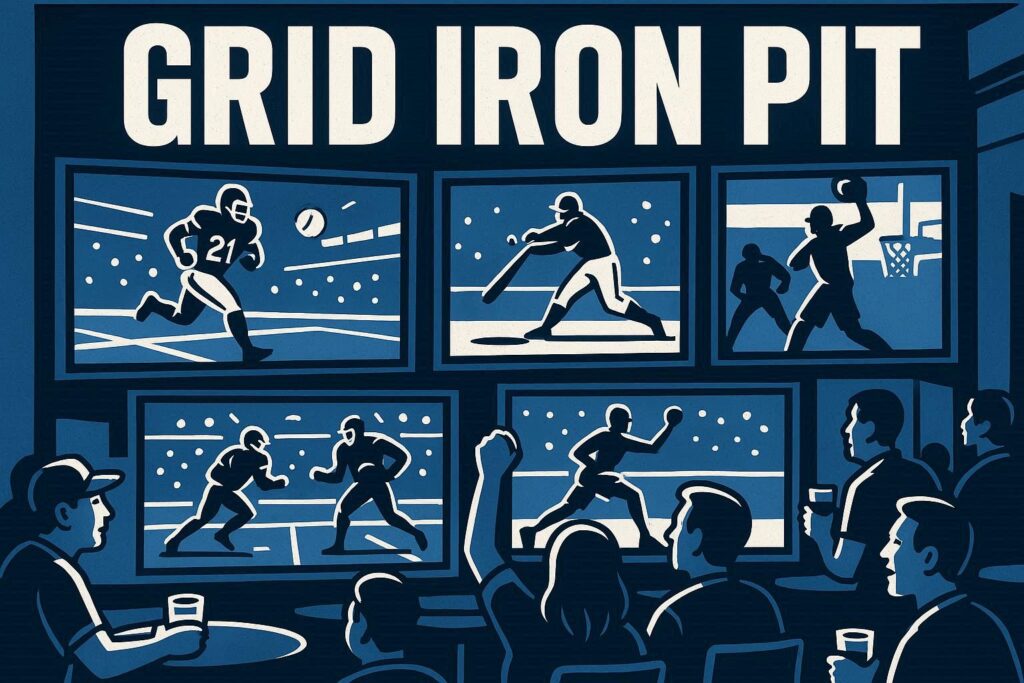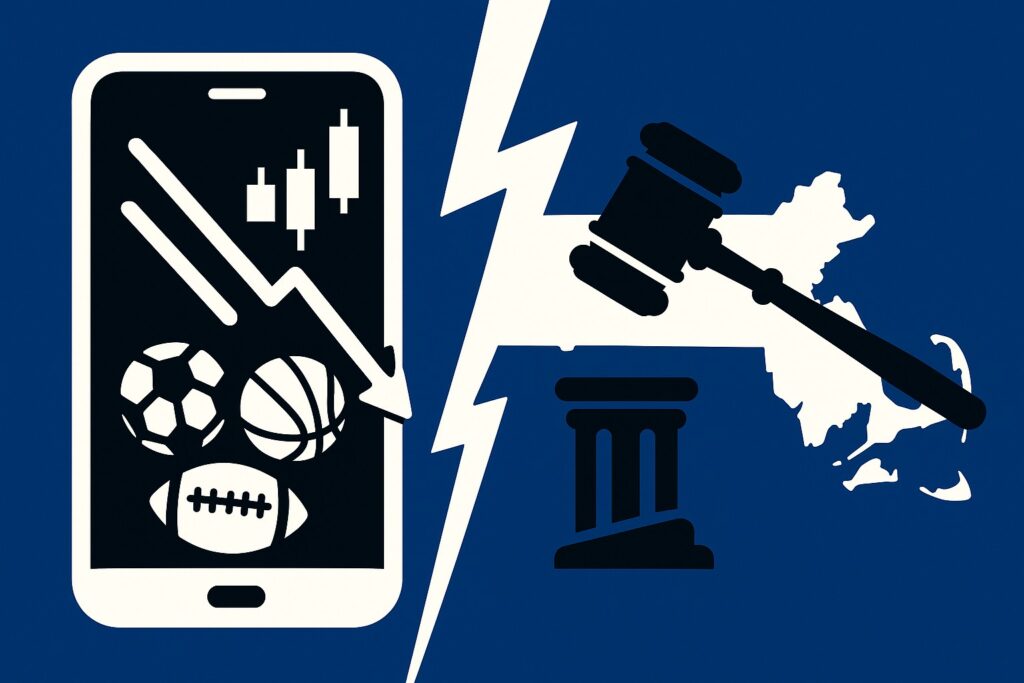In a decision that signals the gradual acceptance of the proliferation of legal sports betting, the NCAA is set to loosen its gambling rules.
If the rule change is rubber-stamped, student-athletes, coaches and staff members will be allowed to bet on professional sports.
(In most states, of course, student-athletes still must by 21 to bet legally. In Kentucky, Montana, New Hampshire, Wyoming, and Washington, D.C., the minimum age to bet on sports online is 18.)
Under current rules, wagering on pro sports that also are sponsored by the NCAA – i.e., all the biggies, like football, basketball, baseball, soccer, hockey, tennis, and golf – is prohibited.
The NCAA’s 35-member Division 1 Council, representing college and conference administrators throughout the US, voted this week to approve the proposal. It also must also be approved by Divisions II and III and formally adapted in October before it is implemented.
Adapting to the times
In moving the measure forward, the NCAA acknowledged its gambling rules are outdated.
“NCAA rules prohibiting sports betting at all levels were written and adopted at a time when sports gambling was largely illegal nationwide,” Josh Whitman, Illinois AD and chair of the council, said in a statement.
“As betting on sports has become more widely accepted across the country, Division I members have determined that further discussion of these sports betting rules is warranted, particularly as it relates to the potential distinctions between betting on professional versus collegiate sports.”
The NCAA says relieving itself of the responsibility to police betting on pro sports allows it to focus on behaviors more harmful to its mission, such as gambling on college sports and educating student-athletes about the risks of gambling.
Said Dr. Deena Casiero, NCAA chief medical officer, “Deregulating professional sports betting may provide schools an additional opportunity to implement harm-reduction strategies [including] education, stigma reduction and acknowledging actual behavior.”
Resistance to new rule
Gambling remains a serious issue in college sports, and the decision was not made lightly.
“It’s been hotly debated. This is not a slam dunk,” a source told SI’s Pat Forde, the first to report the legislation, before the rule change was approved.
Writes Forde, “There is a school of thought that more permissible athlete gambling simply creates more problems, not fewer.”
Still, by a 21-1 vote in April, the NCAA Division I board of directors asked the D-I Council to adopt the measure this week.
Betting scandals in college sports
Since the repeal of PASPA in 2018, multiple betting-related scandals have cropped up around college sports. In fact, dozens of sports betting policy infractions have been identified by the NCAA and numerous investigations are ongoing.
In May 2023, Iowa authorities opened an investigation into the betting activity of more than 100 University of Iowa and Iowa State athletes, coaches and staff members. While criminal charges were dismissed, penalties imposed by the NCAA after its own investigation stuck.
Also in May 2023, Alabama baseball coach Brad Bohannon was fired for tipping off a bettor that a Crimson Tide pitcher would not make his scheduled start vs. LSU. Red flags were raised when the bettor attempted to wager $100,000 on the Tigers, and he ended up placing a $15,000 at BetMGM Sportsbook at Great American Ballpark in Cincinnati. LSU won, 8-6.
The NCAA is also investigating suspicious wagering and possible game-fixing among several college basketball programs, including Fresno State, Temple, Eastern Michigan, North Carolina A&T, and Mississippi Valley State.
Related: Effort To Ban Player Prop Bets In College Sports Moves Forward In New Jersey





